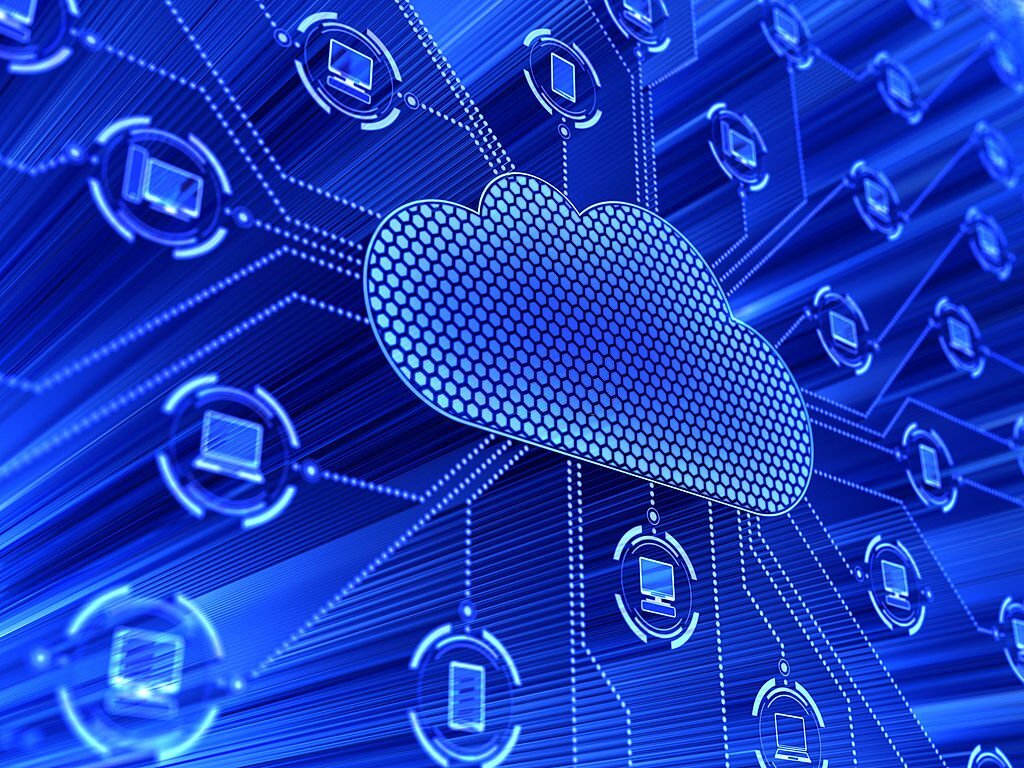Distributed computing is a field of computer science that involves the use of multiple interconnected computers or servers to solve a single problem or perform a specific task. It is a fundamental concept in modern computing and plays a crucial role in various applications, from scientific research to business operations. Here are some key aspects and concepts related to distributed computing:
Distributed Systems: Distributed computing often involves creating distributed systems, which are collections of interconnected computers that work together to achieve a common goal. These systems can range from small clusters of machines to large-scale data centers and cloud computing environments.
Parallelism: Distributed computing allows for parallelism, where multiple tasks or subtasks are executed concurrently on different machines. This can significantly improve the overall performance and speed of computational tasks.
Scalability: Distributed systems can be designed to scale easily by adding more machines to the network. This scalability is essential for handling increasing workloads and ensuring high availability.
Fault Tolerance: In distributed systems, hardware or software failures are common. To ensure system reliability, fault tolerance mechanisms are implemented, such as redundancy, data replication, and failover systems.
Distributed Algorithms: Specialized algorithms are used in distributed computing to coordinate and manage the activities of multiple machines. These algorithms help with tasks like data synchronization, load balancing, and consensus.
Data Distribution and Replication: Distributed systems often involve distributing data across multiple nodes. Data can be replicated to ensure availability and fault tolerance. Techniques like data partitioning are used to manage data distribution efficiently.
Communication Protocols: Communication among distributed components is essential. Distributed systems rely on various communication protocols, such as Remote Procedure Call (RPC), Message Queues, and RESTful APIs, to facilitate data exchange between nodes.
Middleware: Middleware software is used to abstract and simplify the complexity of building distributed systems. It provides tools and services for communication, security, and management of distributed components.
Cloud Computing: Cloud computing is a form of distributed computing that leverages the power of remote data centers to provide on-demand resources, including storage, computing power, and services, over the internet.
Big Data Processing: Distributed computing is widely used in big data analytics to process and analyze massive datasets. Technologies like Hadoop and Apache Spark are commonly employed for this purpose.
Edge Computing: Distributed computing is also essential in edge computing, where data processing and decision-making occur closer to the data source (e.g., IoT devices) rather than in centralized data centers.
Blockchain Technology: Distributed ledger technology, such as blockchain, relies on distributed computing principles to create decentralized and secure systems for recording transactions and managing digital assets.
Distributed computing has become a fundamental building block in modern IT infrastructure, enabling the development of scalable, reliable, and high-performance systems across various domains, from web applications and scientific simulations to financial transactions and artificial intelligence.
